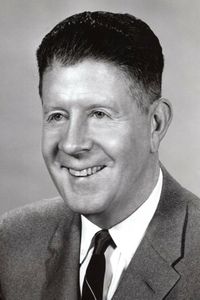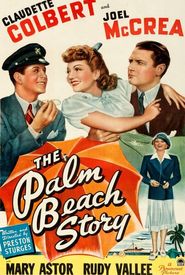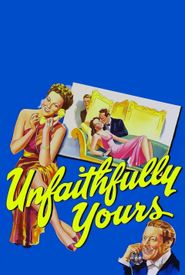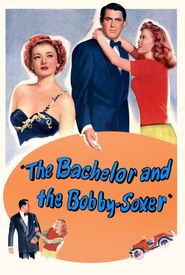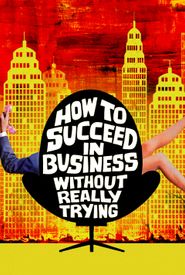Rudy Vallee's illustrious career commenced as a saxophonist and vocalist, eventually evolving into a bandleader. During the 1920s and early 1930s, he enjoyed immense popularity with his radio program, The Fleishmann's Yeast Hour, which although brought him widespread acclaim, was also marked by his explosive and ego-driven personality, much to the dismay of his cast and crew.
In the early 1930s, Vallee was considered a rival to the likes of Bing Crosby and the tragically short-lived Russ Columbo, boasting a string of hits in the Hit Parade. His radio program, initially titled The Fleischmann's Yeast Hour, catapulted him to fame in 1933, solidifying his status as a household name.
However, behind the scenes, Vallee was notorious for his tyrannical behavior, earning the reputation of a slavedriver among his staff. He was known to instigate physical altercations with anyone who crossed him, including photographers, pianists, and hecklers. Despite his popularity with audiences, most of his staff detested him.
As a prominent figure in nightclubs, on records, and in movies, Vallee played a significant role in launching the careers of other notable singers, including Alice Faye, who was his band singer for a period, and Frances Langford. In his early film appearances, he often took on the role of the romantic lead, but later transitioned to more stuffy and comedic parts.
Vallee's talents also extended to the stage, with a notable appearance on Broadway. The mid-1960s Broadway hit How To Succeed in Business Without Really Trying, which premiered in 1967, featured Vallee in his original Broadway role, cementing his legacy as a multifaceted entertainer.
